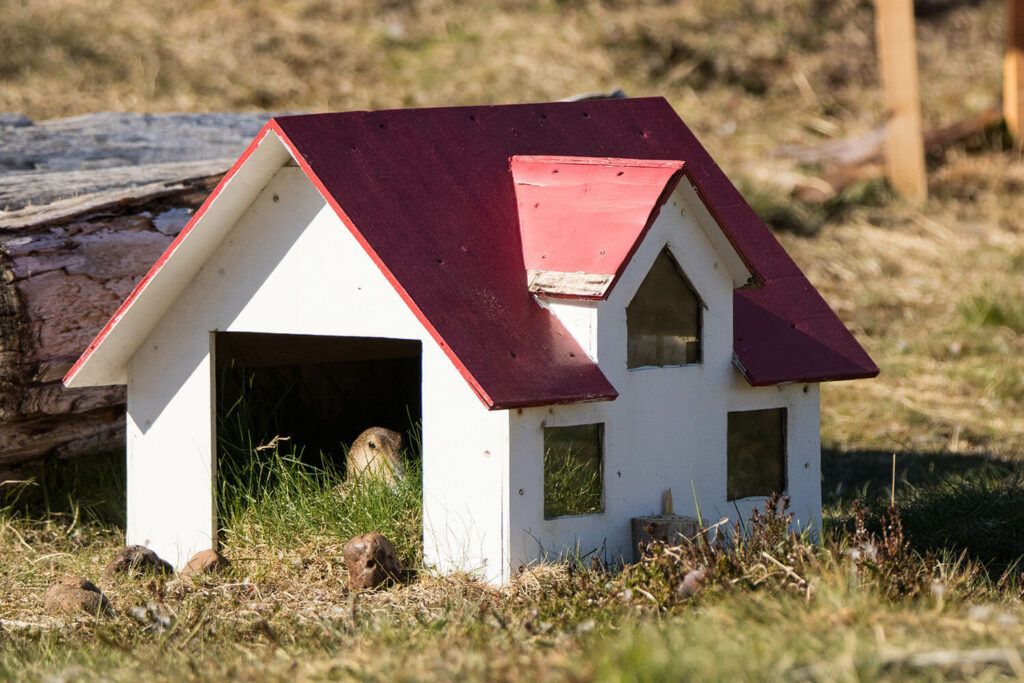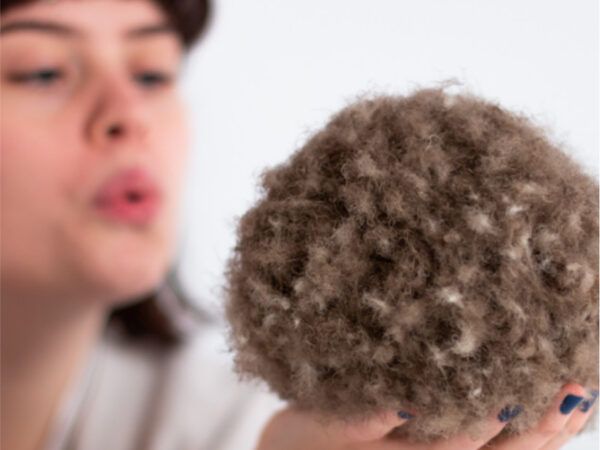Ethical, Cruelty-Free Down Alternatives for Duvets – Do They Exist?
Most of us sleep soundly at night - many under down-filled duvets. But few consider where that magical material that keeps us so cozy comes from (if you’re here, you’re probably one of them!).
Down for duvets and comforters is, in most cases, a byproduct of the meat industry. Dead geese, ducks, and chickens are plucked, their down and feathers separated from their bodies before processing for their respective industries.
This may represent a moral inconvenience at worst and, at best, the understandable prudence of making use of every part of the bird - similar to leather as a byproduct of the dairy industry.
But the cruel practice of live-plucking has recently been brought to light. Live plucking is self-described - plucking fowl while they are still alive. While this allows producers to triple or quadruple their feather and down output, it can cause the animals a great deal of pain and distress.
Live-plucking has recently raised controversy for even the world’s most ethical brands. Some of those brands have since improved their sources and removed live-plucking from their supply chain, but the problem still remains. According to Peta, up to half of the contacted wholesale down suppliers confirmed that they still use the practice of live-plucking.
Unfortunately, it can be extremely difficult to determine which finished products contain ethical or unethical goose and duck down. Wholesalers might not be fully transparent about their practices. And it’s in the best interests of retailers to misconstrue, obscure, or avoid the facts about their supply chains.
So, that might leave you asking yourself - "what are some sustainable, animal-friendly alternatives so I can sleep soundly at night?"
Synthetic Down
Science has been trying hard to mimic the magical properties of natural down - namely, its insulation, breathability, and softness. While science has taken us far in some areas, synthetic down - made from petroleum-based plastics like polyester - doesn’t quite hit the mark. It makes for a great alternative for the budget-conscious, however.
The Good
- Affordable Pricing - Cheaper than high-quality down.
- Easily Washable - Less risk of shrinkage or clumping.
- Hypoallergenic - A lower chance of allergic reactions.
The Bad
- Environmentally-unfriendly - uses petroleum-based plastic.
- Low Insulation - Far less warming than natural down.
- Not Breathable - Traps heat and moisture from sweat.
- Not Durable - Has a shorter lifespan than down.
Plant-Based Alternatives
Eucalyptus, bamboo, wood fibers... in recent years, companies like Buffy have been popping up to cater to the ever-growing demand of the environmentally-conscious with plant-based duvets and comforters.
The reports on these products are mixed - some customers were thrilled with theirs, while others complained about a lack of breathability and fluffiness. If you’re concerned about the environment, plant-based alternatives are at least a step up from synthetics.
The Good
- Sustainable - Produced from greener plant materials.
- Washable - Less chance of shrinkage or clumping.
The Bad
- Low Insulation - Also less warming than natural down.
- Not Breathable - Doesn’t self-regulate temperature.
- Availability - Few products on the market.
Icelandic Eiderdown

Not all down is created (or harvested!) equal. While commercially-available down often comes from controversial sources, Icelandic eiderdown is a sustainable, ethical alternative that causes no harm to its feathery owner when it’s gathered. In fact, the farmers protect the birds from natural predators, who could push the species to the brink of extinction.
In fact, here in Iceland, eiderdown farmers create special sanctuaries for the birds, where they nest and leave behind their down after the hatching season. This tradition is 1000+ years old, and eiderdown has been coveted around the world for its matchless qualities of insulation, temperature regulation, and durability.
The main drawback? Eiderdown’s pricetag. Because the material is so rare (there’s only enough eiderdown to produce 4,500 to 5,000 duvets per year!), it commands a premium on the market and is reserved for the fortunate few who are willing to pay for the very best when it comes to their sleep quality.
The Good
- Animal-friendly - No birds injured or inconvenienced.
- Sustainable - Traditional practices avoid environmental harm.
- Insulating - Featherless down creates pockets of warmth.
- Temperature-Regulating - It shrinks and expands to maintain temperature.
- Lasts for Years - Eiderdown is resilient to compression and keeps its shape.
The Bad
- Premium Pricetag - Due to high demand and scarcity.
- Availability - Difficult to find authentic eiderdown on the market.
If you’re interested in learning more about the benefits of eiderdown, take a look at this article.

For similar stories
Join the newsletter.
Discover what makes our bedding truly special— bespoke craftsmanship, sustainable traditions, and our wonderful eiderdown.
Plus, 15% off your first order.